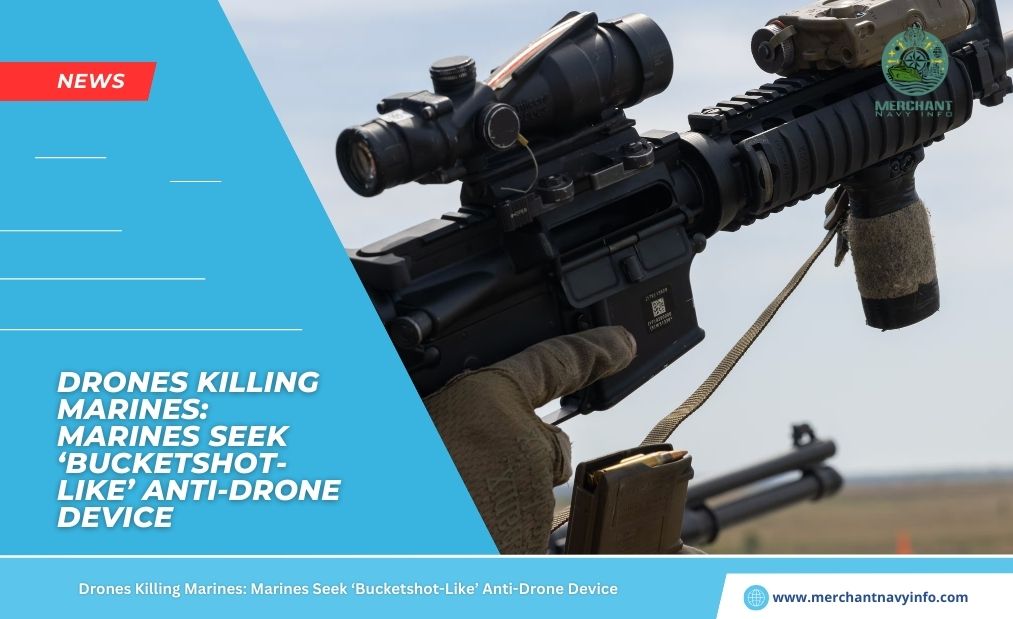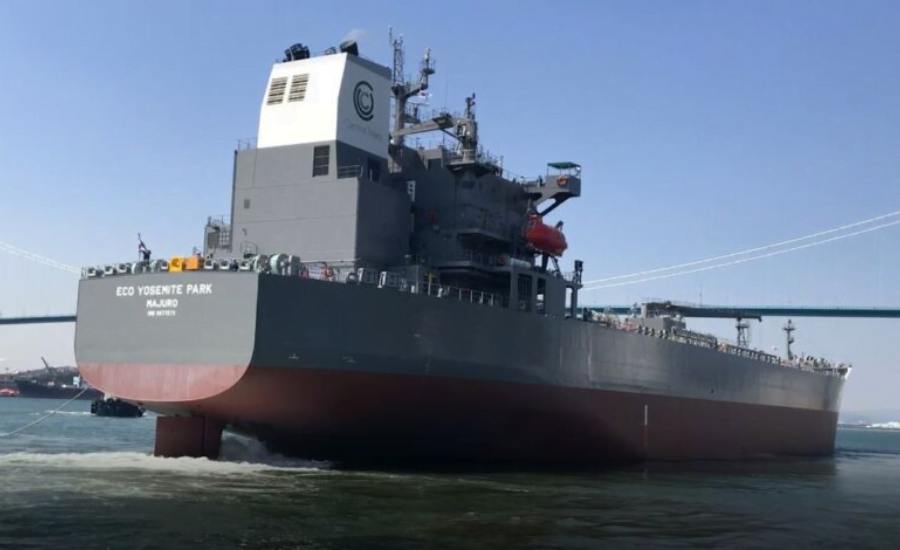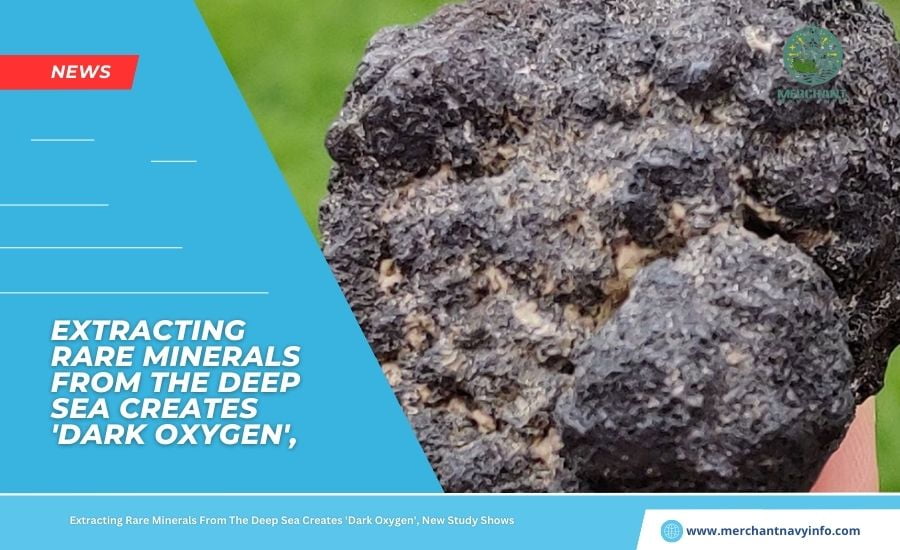
The path to becoming an engine cadet is a challenging but rewarding journey. As a freshman with a passion for engineering, one experienced firsthand the trials and triumphs of this intense program. From grueling internships to innovative projects, my time here has changed the way one sees the world. Every day brings new opportunities to apply classroom lessons to real-world problems. The program equipped me with the technical knowledge and mindset of an engineer. Although the work is difficult, designing systems and technologies that change lives is worth it.
What is an engine cadet?
The Engine Cadet Program is an intensive, hands-on engineering training program for top undergraduate students interested in pursuing careers in engine design and advanced manufacturing. As an engine major, you essentially become an intern at a large automotive or aerospace company and spend equal amounts of time in classrooms, engineering labs, and manufacturing facilities.
The classroom portion covers advanced mechanical engineering topics such as thermodynamics, fluid dynamics, combustion, and engine system design. But the truly unique part is the practical application: engine cadets work directly with professional engineers, taking the knowledge they learn in lectures and immediately applying it by designing, building and testing real engine components and systems.
Engine cadets also spend considerable time in manufacturing facilities, learning processes such as casting, fabrication, assembly and quality control. Upon graduation, students not only hone their engineering knowledge but also gain practical skills in CAD design, simulation, prototyping, and using CNC machines and other tools.
The program combines the academic rigor of an engineering degree with the practical training of an apprenticeship. For those interested in propulsion and power generation, it provides a fast track entry into the field, preparing graduates for careers in designing, building and managing the engines that power our vehicles, aircraft, ships and electricity grids.
Life and Learning as an Engine Cadet
The maritime industry is a vast and dynamic field offering many unique roles and career paths, including the Engine Cadet role. What does that mean? As an entry-level position on a ship, the primary responsibility of a marine cadet is to learn and gain practical experience in operating a ship’s engines. This is the first rung on the ladder to a rewarding Naval Ship Engineering Officer career.
Engine cadets work under the guidance of experienced engineering officers and chief engineers. They navigate the intricacies of the engine room and learn about the machinery and systems that power the ship. Their training comes from the academy, but the real-life applications and harsh realities of marine life come directly from these experienced sailors. Chief engineers often play an important role in shaping the careers of engine cadets, imparting knowledge according to a program approved by the Naval Academy.
Much of the work in the initial stages was carried out in the engine room, the ship’s nerve center. The Engine Cades team handles engine maintenance, operation and monitoring tasks. From adjusting valves to replacing broken parts, their jobs can be physically demanding but mentally stimulating. They also have the opportunity to accompany engineering staff during monitoring and maintenance and learn the basics of ship engine room management.
Practical Experience of Engine Cadets
In addition to practical experience, engine cadets delve into paperwork and learn about offshore regulatory requirements. They participate in inventory management tasks such as organizing engine storage and understanding the tools and equipment used in the engine room. Although these tasks may seem menial, they form an important part of their learning journey and will serve them well in their future roles.
Engine cadets must adhere to strict safety protocols, especially during tasks such as docking. The ocean is a challenging environment where even simple negligence can have serious consequences. They must adopt positions that minimize the risk of injury and prioritize safety. As they advance in their careers, they should be proactive, eager to learn, and willing to take on more responsibility. These qualities set the stage for their journey at sea and led them to senior positions on board ships.
Certifications, training and sea time required for promotion
Becoming an engine pilot is the first milestone in a long and rewarding career at sea. It requires specialized training, usually provided by maritime academies. The engine courses at these colleges are carefully designed to provide students with the necessary knowledge and skills.
Some engine majors take a different route, choosing to major in marine engineering, mechanical engineering, or marine engineering. Whichever path they choose, the end goal is the same – to become a competent engineering officer in the maritime industry.
As their career progresses, they can advance to chief engineer, with the next step being a fourth-engine engineer. Some companies also directly promote the third engineer based on company policy and personal performance.
Daily physical and mental challenges
The role of the engine cadet is not without its challenges. Their work environment can be physically and mentally stressful. They work in hot, noisy cabins, which can be difficult to adjust, especially for beginners. The constant hum of the engine, the heat generated by the machinery, and the restrictions can cause discomfort. Over time, these factors can cause mental stress and fatigue.
Working long hours, often late into the night, can disrupt sleep patterns. Lack of sleep combined with loud noise can add to severe mental stress. The job also involves strenuous physical work and requires good physical fitness and flexibility.
Being an engine driver can still be a rewarding experience despite the challenges. They must belong to a broad and diverse trade, gain skills unique to maritime careers, and have the opportunity to travel the world. It’s a demanding job, but it’s also dedicated.
Leadership and team management
The engine driver’s journey goes beyond mastering the technical aspects of engine operation. It is also about developing leadership and team management skills, which are vital in the maritime industry. While they initially work under the supervision of senior engineering officers, they eventually take on more responsibilities as their training nears completion.
An important part of your responsibility is keeping detailed training records. The information recorded in this book, commonly known as the Training Record Book (TRB), forms the basis for issuing a Certificate of Competency (CoC) by the Maritime Administration. This certification demonstrates your ability and readiness to assume the role of an engineering administrator.
As they learn and grow, engine cadets must also demonstrate their ability to work as part of a team. Offshore operations require smooth coordination between different departments, and the ability to work with others is a key skill.
The impact of technology and advancement on roles
Technological advances have had a significant impact on the role of the engine cadet. Ships are now equipped with modern engines and complex systems requiring specialized knowledge and skills. Therefore, engine driver training is not limited to traditional engine operation. They must keep up with evolving technology trends and ship systems.
The marine industry emphasizes lifelong learning, even during the career of a chief engineer. Therefore, humility is a quality appreciated by maritime professionals. Promote a culture of continuous learning and asking questions, no matter how trivial they may seem. The industry values people who recognize what they don’t know, look for answers, and continually strive to improve.
Risks, responsibilities and emergencies specific to each position
As with any other career, the role of engine cadet comes with risks. They work in tight spaces with hot and noisy engines, which can be tiring. Long working hours and strenuous physical labour can also affect your physical and mental health. But with these challenges come rewarding career opportunities and a unique sense of accomplishment.
During emergencies, engine cadets often perform smaller tasks or act as couriers for the chief engineer. Their duties may include:
- Helping with emergency procedures.
- Assisting with equipment inspections.
- Even relaying important information between the engine room and the bridge.
Even in these situations, safety should always be your top priority.
Final Thoughts
As an engine cadet, you’ll find yourself at the forefront of engineering the future of global maritime trade. Imagine yourself working alongside seasoned engineers in the labyrinthine engine room, the heart of a colossal ship. Here, the rhythmic rumble of the engines and the soft hum of electrical systems form a symphony of progress. You’ll be shoulder-deep in troubleshooting malfunctions, meticulously conducting maintenance procedures, and learning the intricacies of operating a modern marvel of marine engineering. This isn’t just theoretical knowledge from textbooks; it’s the real-world application that keeps these vessels traversing the vast oceans.
The hands-on experience you gain goes beyond the engine room, with rotations through various departments exposing you to the intricate network of electrical systems, powerful boilers, and the delicate dance of propulsion systems. As you gain expertise, you’ll witness firsthand the tangible results of your contributions – the smooth operation of the ship, the on-time arrival at distant ports, and the seamless flow of global commerce. This isn’t just a job; it’s a chance to be an active participant in shaping the future of a dynamic industry.










